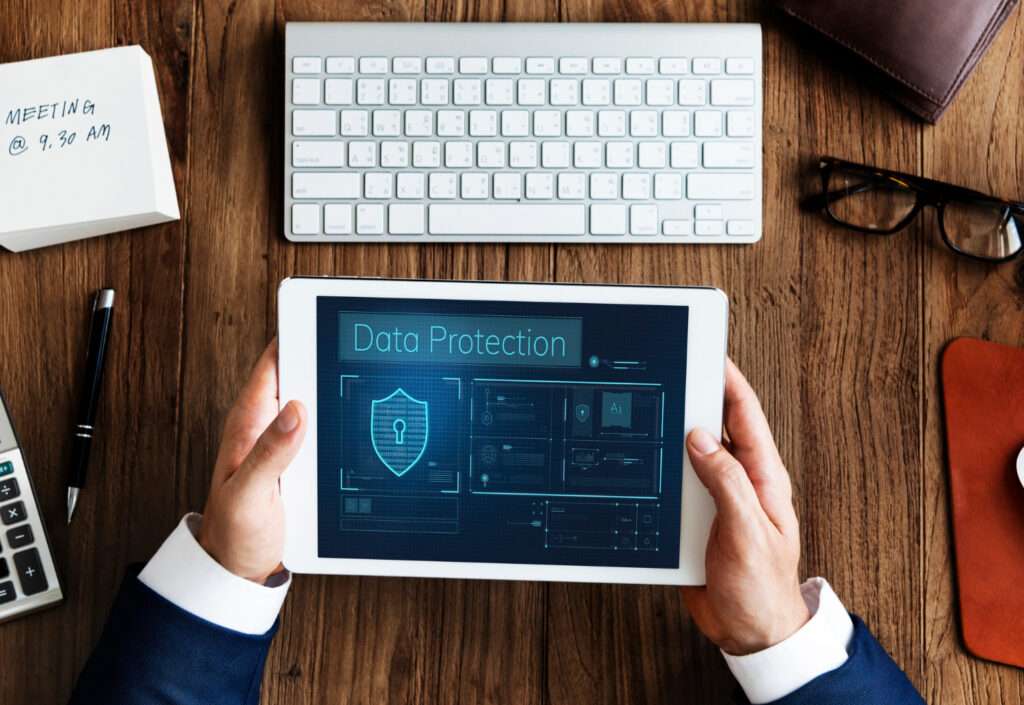Introduction:
In today’s interconnected world, where data flows freely across networks and devices, ensuring the privacy and security of sensitive information is more critical than ever. This blog explores the fundamental concepts of data privacy and security, providing actionable tips and strategies to safeguard your digital assets effectively. As technology continues to advance, the need for robust data protection measures becomes increasingly urgent.
Understanding Data Privacy and Security
Data privacy refers to the right of individuals to control the collection, use, and sharing of their personal information. On the other hand, data security involves the protection of data from unauthorized access, use, or disclosure. Understanding these concepts is essential for implementing comprehensive privacy and security measures that align with evolving threats.
The Importance of Cybersecurity
With the proliferation of cyber threats such as malware, ransomware, and phishing attacks, cybersecurity has become a top priority for organizations worldwide. Investing in robust cybersecurity measures is crucial for defending against cyber threats and minimizing the risk of data breaches. Constant vigilance and proactive measures are necessary to stay ahead of cyber threats.
Best Practices for Data Protection
Implementing best practices for data protection is key to mitigating the risk of data breaches and safeguarding sensitive information. This includes encryption, access controls, regular security audits, and employee training on data security protocols. Continual improvement and adaptation of data protection strategies are essential to address emerging threats effectively.
Compliance with Data Protection Regulations
In addition to implementing security measures, businesses must also comply with data protection regulations such as the General Data Protection Regulation (GDPR) and the California Consumer Privacy Act (CCPA). Non-compliance can result in significant fines and reputational damage. Staying updated on regulatory changes and implementing necessary measures are crucial for maintaining compliance and trust with customers.
Ensuring Personal Data Protection
Protecting personal data is of utmost importance, as it often contains sensitive information such as names, addresses, and financial details. By implementing encryption, anonymization techniques, and data minimization practices, businesses can enhance personal data protection and build customer trust.
Securing Data Management Processes
Effective data management processes are essential for maintaining the integrity and security of digital assets. This includes secure data storage, regular backups, and secure data disposal practices to prevent unauthorized access or data loss. Proactive monitoring and response mechanisms further strengthen data management and security efforts.
In conclusion, prioritizing data privacy and security is essential for safeguarding your digital assets and protecting sensitive information from cyber threats and data breaches. By understanding the concepts of data privacy and security, implementing robust cybersecurity measures, adhering to data protection regulations, and adopting best practices for data protection, you can ensure the safety and integrity of your digital assets in today’s interconnected world.


1 thought on “Safeguarding Your Digital Assets: A Guide to Data Privacy and Security”
Only wanna input that you have a very decent internet site, I love the style and design it actually stands out.